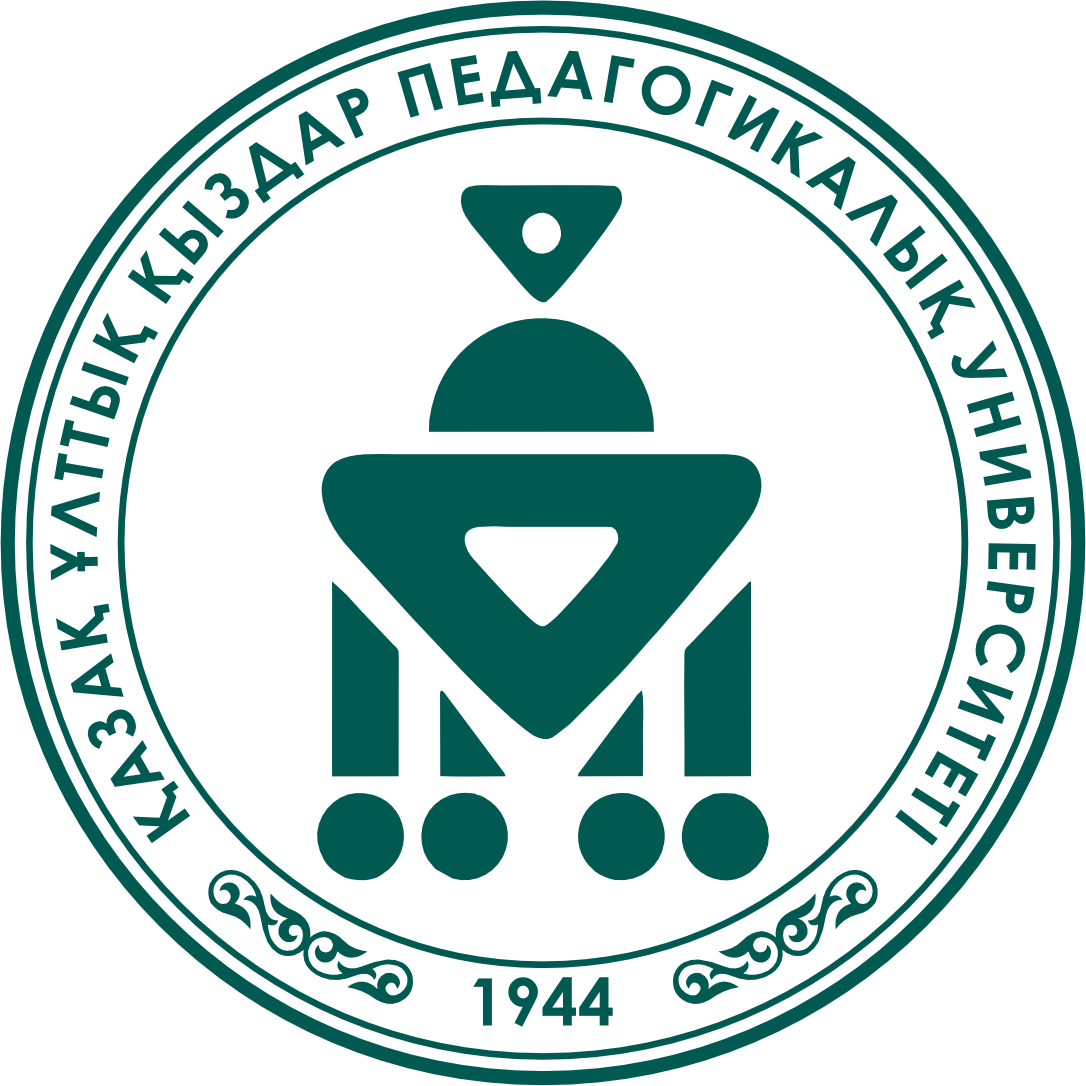-
30 july, 2024
![Researcher from QyzPU participated in the IAFFE’s 32nd Annual Conference]()
Aizhan Salimzhanova, head of Center for social and gender studies at Kazakh National Women’s Teacher Training University, participated in the IAFFE’s 32nd Annual Conference “Caught between the digital revolution and a crisis of democracy. Feminist Economics Responses and Imaginations for the Future”, that took place in Rome, Italy.
The International Association for Feminist Economics (IAFFE) is a global community of academics, activists, policy theorists, and practitioners who share a common purpose: advancing gender-aware and inclusive economic research and policy analysis. Association’s aim is to foster gender equality and improve the well-being of all, particularly those facing the greatest socio-economic exclusion.
The IAFFE Conference 2024 aspires to provoke critical reflection on feminist economics responses to two of the defining features of the current economic and political landscape: the technological breakthroughs of a digital economy on the one hand, and a crisis of democracy, political polarization, and backlash on the other. Conference Chair, professor İpek İlkkaracan (Istanbul Technical University) has, with IAFFE’s Conference Program Committee, crafted a rich and varied Conference. There were paper presentations on cutting-edge Feminist Economics research from around the world, dynamic round table and panel discussions, workshops, poster sessions.
Aizhan Salimzhanova, from Kazakh National Women’s Teacher Training University, presented her studies on “Household structure and gender disparities in unpaid work in Kazakhstan”. This study examines how household structure affects gender differences in-home time use, including time spent on housework and unpaid care work, among familes in Kazakhstan. Women in Kazakhstan spend significantly less time on paid work, and more than two times more on unpaid work than men do. Childcare is a substantial part of unpaid work. The care work not covered by early childcare and pre-school centers, due to the lack of affordable care services, will place additional burdens on women, especially those who provide care for several dependents. Findings of this study call for improving the family and childcare support systems for both women and men in Kazakhstan. The study helps to determine the current status of care services for children and dependent household members and to identify if there is a need to expand the care services provision, in order to reach a higher female labor force participation.
Share:
-
About Us
- Rector’s Blog
- University activities
- History
- Notable Alumni
- Structure
- Corporate Governance
- Top-management
- Audit Service
- Compliance Service
- Jobs
- Academic Council
- Development Program
- External Assessment
- Quality management system
- Mission
- Sustainable development
- Infrastructure
- Media
- Normative legal documents
- Aqtumar museum
- Admission
-
Education
- Educational programs
-
Professors
- Institute of Pedagogy and Psychology
-
Institute of Philology
- Department of Theory and Methodology of the Kazakh Linguistics
- Department of Kazakh Literature
- Department of The Russian Language and Literature
- Department of Teaching Methods of Foreign Language and Intercultural Communication
- Department of professional training of foreign languages
- Department of practical foreign language
- Institute of Physics, Mathematics and Computing
- Institute of Natural Sciences
-
Institutes
- Institute of Natural Sciences
- Institute of Pedagogy and Psychology
- Institute of Social Sciences, Humanities and Art
- Institute of Physics, Mathematics and Computing
-
Institute of Philology
- Deprtament of Professional Foreign Language Training
- Department of «Theory and Methodology of Kazakh Linguistics»
- Department of «The Russian Language and Literature»
- Department of «Kazakh Literature»
- Department of practical foreign language
- The Department of Foreign Language Teaching Methodology and Intercultural Communication
- Institute leadership
- College
- Department of Distance Education
- Educational and methodical association
- Center for Pedagogical Excellence
- Student Assistance Center
- Coordination Council
- Department of Practice and Career
- Non-formal Education Center
- Center for Women's Leadership and Entrepreneurship
- Center for the Development of Inclusive and Special Education
-
Science
- International Cooperation
- For Students
- e-University
-
-
About Us
- Rector’s Blog
- University activities
- History
- Notable Alumni
- Structure
- Corporate Governance
- Top-management
- Audit Service
- Compliance Service
- Jobs
- Academic Council
- Development Program
- External Assessment
- Quality management system
- Mission
- Sustainable development
- Infrastructure
- Media
- Normative legal documents
- Aqtumar museum
-
About Us
-
-
Education
- Educational programs
-
Professors
- Institute of Pedagogy and Psychology
-
Institute of Philology
- Department of Theory and Methodology of the Kazakh Linguistics
- Department of Kazakh Literature
- Department of The Russian Language and Literature
- Department of Teaching Methods of Foreign Language and Intercultural Communication
- Department of professional training of foreign languages
- Department of practical foreign language
- Institute of Physics, Mathematics and Computing
- Institute of Natural Sciences
-
Institutes
- Institute of Natural Sciences
- Institute of Pedagogy and Psychology
- Institute of Social Sciences, Humanities and Art
- Institute of Physics, Mathematics and Computing
-
Institute of Philology
- Deprtament of Professional Foreign Language Training
- Department of «Theory and Methodology of Kazakh Linguistics»
- Department of «The Russian Language and Literature»
- Department of «Kazakh Literature»
- Department of practical foreign language
- The Department of Foreign Language Teaching Methodology and Intercultural Communication
- Institute leadership
- College
- Department of Distance Education
- Educational and methodical association
- Center for Pedagogical Excellence
- Student Assistance Center
- Coordination Council
- Department of Practice and Career
- Non-formal Education Center
- Center for Women's Leadership and Entrepreneurship
- Center for the Development of Inclusive and Special Education
-
Education







